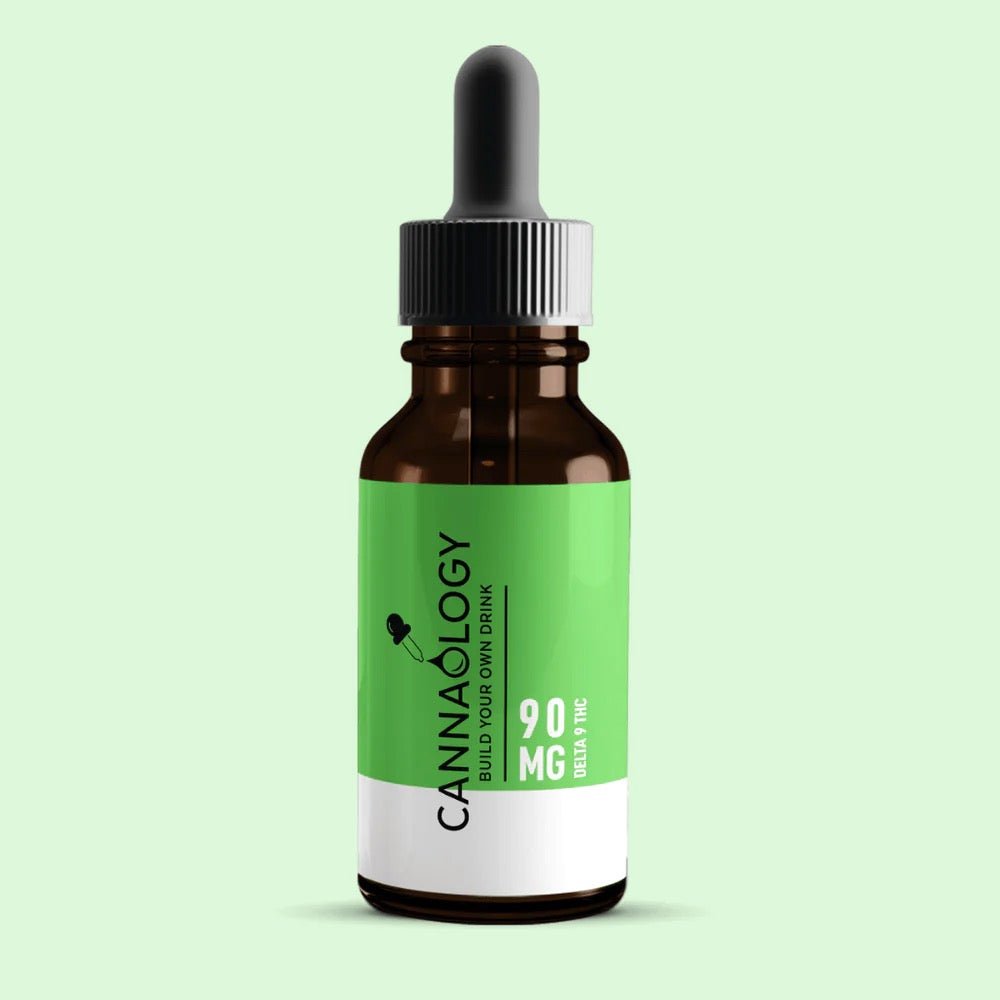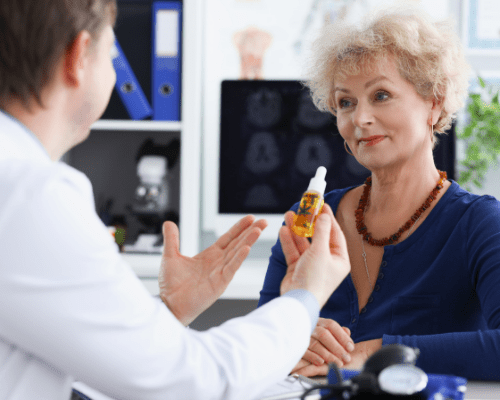
CBD tea? Yes, it’s a thing — a surprisingly complicated thing. So if the existence of CBD tea alone doesn’t surprise you, here are two things we bet you didn’t know about it.
- It takes a bit of thoughtful chemistry to make CBD tea Oil-based CBD isn’t water soluble, meaning it won’t extract well in water and your tea will be lackluster. So if you’re getting a CBD tea, check to make sure it uses a water-soluble form of CBD. Buddha Teas, for instance, uses nano-sized particles of water-soluble CBD.
- You’ll want to drink it with, or right after a meal (one that includes fat) This is based on the same principle, water solubility versus fat solubility. But now we’re talking about whether your body can absorb and make use of the CBD. (In more scientific terms, whether it's bioavailable.) Cannabinoids need fat to be absorbed, so if there’s no lipid in the small intestine that CBD will mostly travel on through unnoticed. Lonely and unfulfilled in its purpose. There’s an easy solution to this. Drink your CBD tea with, or right after, a meal.
Some of you may be asking, “Why would anyone drink CBD tea at all?”
It boils down to getting the anecdotally-reported benefits of CBD in a tasty, healthy way:
- relaxation support
- improved sleep
- relief from some types of pain
- anxiety support
- no sugar (gummies can be made with high-quality sugar, but some people need or want to avoid all refined sugar)
- little to no caffeine (some people love their CBD coffee, so no shade from us)
- beneficial herbs — for instance, turmeric may ease inflammation and chamomile can support restful sleep
- tea is hydrating
Does CBD really work?
Supporters argue that CBD is effective and safe, especially compared to prescription drugs they might otherwise be taking. Skeptics say there hasn’t been much in the way of scientific research, and some of what exists has come to conflicting conclusions. Furthermore, the quality of cannabis products on the market varies widely within this emerging industry. Some industry players are calling for more studies and greater regulation so that people know what they’re buying and can expect reliable effects.
According to Medical News Today, “It can take time for scientists to develop findings that may correlate with anecdotal experience, especially when designing extensive, well-controlled studies. So neither the absence of FDA approval nor the shortcomings of scientific evidence mean that CBD tea does not work.
The article continues, “A 2020 study of social media posts found that many CBD users and advocates mentioned treating or managing anxiety, including panic, post-traumatic stress, anxiety-related insomnia, and similar issues with CBD products.
“Another 2020 study of young adults found that popular uses of CBD included stress relief, relaxation, and achieving better sleep.”
The more you know
As with other forms of CBD, effects and preference vary from person to person. But knowing some of the science behind CBD tea can help you avoid a disappointing experience that might be due to how it was made or when you drank it.







































